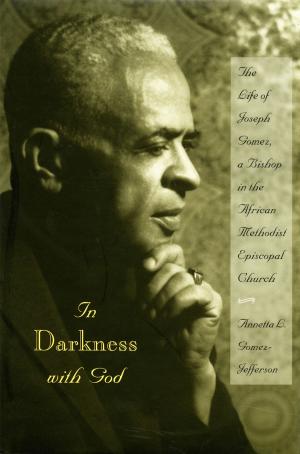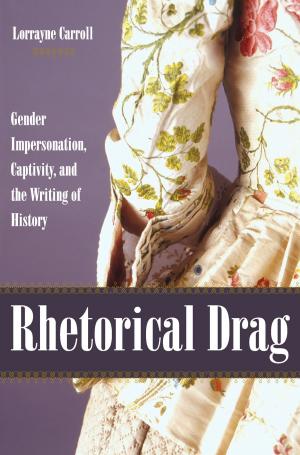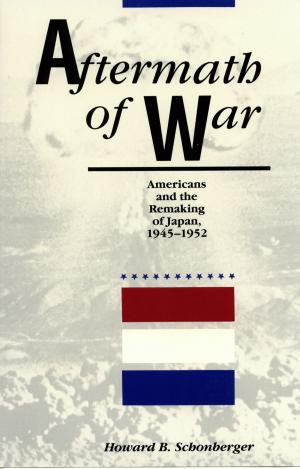Arrow Talk
Transaction, Transition, and Contradiction in New Guinea Highlands History
Nonfiction, Social & Cultural Studies, Social Science, Anthropology| Author: | Andrew Strathern, Pamela T. Stewart | ISBN: | 9781612772448 |
| Publisher: | The Kent State University Press | Publication: | September 18, 2013 |
| Imprint: | The Kent State University Press | Language: | English |
| Author: | Andrew Strathern, Pamela T. Stewart |
| ISBN: | 9781612772448 |
| Publisher: | The Kent State University Press |
| Publication: | September 18, 2013 |
| Imprint: | The Kent State University Press |
| Language: | English |
Arrow Talk makes a significant contribution to the understanding of Melanesian culture and contemporary sociopolitical issues in Papua New Guinea. In a post modern era in which culture has been dismissed by many anthropologists as a reification, this book makes a cogent argument for cultural holism by showing how symbolic, psychological, religious and linguistic factors have combined to shape Melpa responses to the political and economic crises they have had to face in the waning years of the millennium. This analysis also contributes notably to the development of anthropological perspectives on colonial and post colonial historical processes. Since the Melpa face many of the same challenges as other “modernizing” people in the Pacific and elsewhere, Strathern and Stewart’s insight are valuable for scholars working on similar problems in a variety of ethnographic regions.
Arrow Talk makes a significant contribution to the understanding of Melanesian culture and contemporary sociopolitical issues in Papua New Guinea. In a post modern era in which culture has been dismissed by many anthropologists as a reification, this book makes a cogent argument for cultural holism by showing how symbolic, psychological, religious and linguistic factors have combined to shape Melpa responses to the political and economic crises they have had to face in the waning years of the millennium. This analysis also contributes notably to the development of anthropological perspectives on colonial and post colonial historical processes. Since the Melpa face many of the same challenges as other “modernizing” people in the Pacific and elsewhere, Strathern and Stewart’s insight are valuable for scholars working on similar problems in a variety of ethnographic regions.















